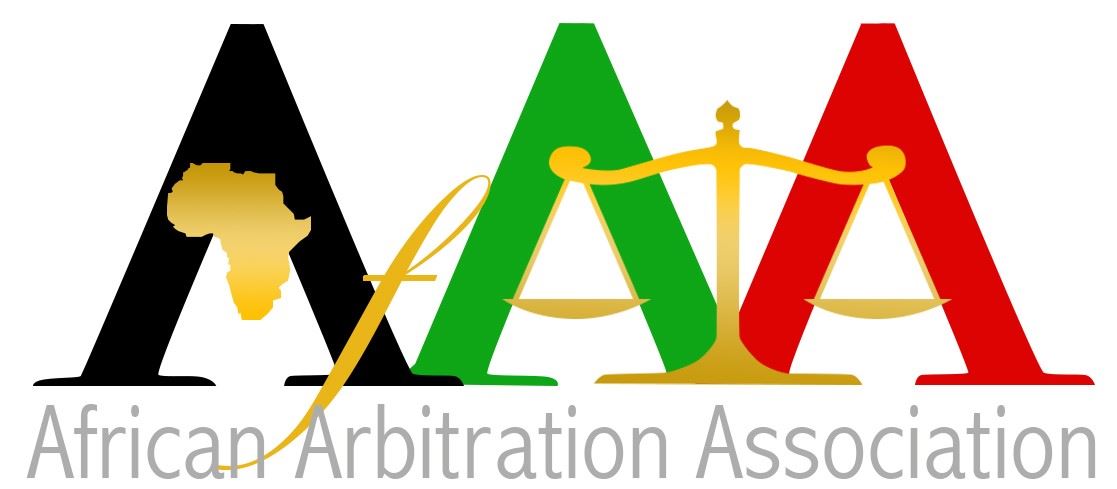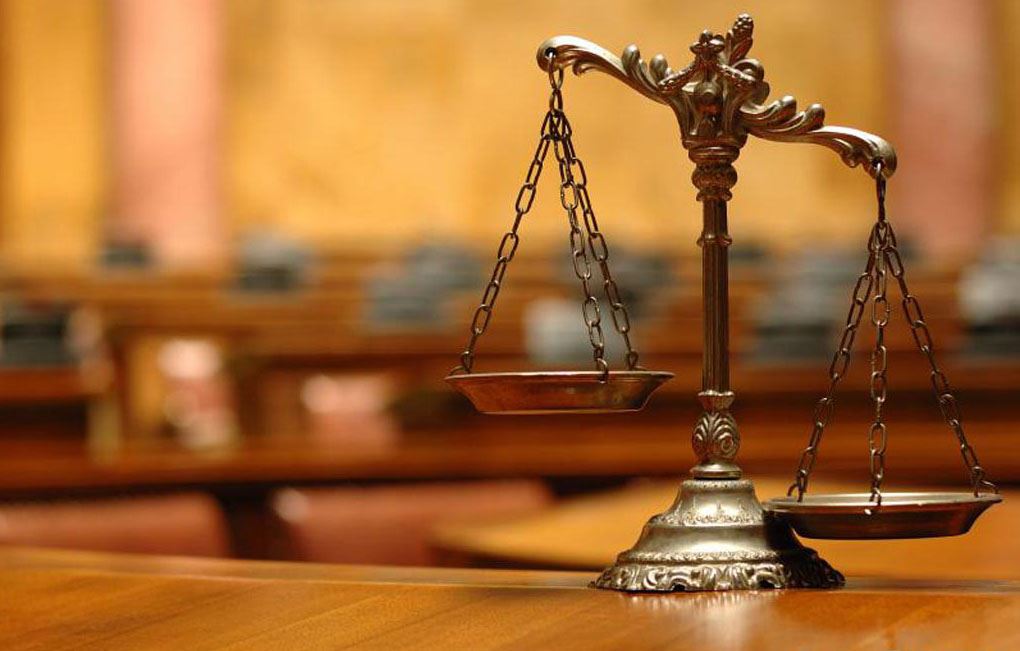arbitration / adr news
Fast-tracking justice dispensation through alternative dispute resolution (2)December 28, 2023By: Editorial Board The Alternative Dispute Resolution (ADR) processes are generally more cost-effective than traditional litigation. The expenses associated with court proceedings, such as attorney fees, court fees, and other related costs, can be significantly higher than those involved in ADR. Typically ADR takes less time than traditional litigation. Court cases can be lengthy and may take years to reach a resolution. ADR provides the parties involved with more control over the process and the outcome. Parties have the flexibility to choose the ADR method that best suits them. ADR, Arbitration, and Mediation are often less formal and less technical than ordinary court proceedings. ADR processes often offer a higher level of confidentiality compared to court proceedings. This can be particularly important for parties who wish to keep their disputes private and avoid public disclosure of sensitive information. Settling disputes cannot be taken as war. ADR can be less adversarial than litigation, which can help preserve relationships between the parties. In certain ADR processes, such as arbitration, parties can choose decision-makers with specific expertise in the subject matter of the dispute. This allows for more informed and specialised decisions compared to a judge or jury, who may not have the same level of expertise. While ADR mechanisms have several advantages, they also come with some disadvantages. Many ADR processes, such as mediation, are non-binding. This means that if an agreement is not reached, the parties may need to resort to traditional litigation to enforce their rights. Additionally, enforcing the terms of an agreement reached through ADR can be challenging. ADR processes usually rely on the voluntary participation of the parties involved. If one party is unwilling to participate or comply with the process, it may hinder the effectiveness of ADR. The effectiveness of ADR can be influenced by the competence and neutrality of the mediator or arbitrator. If the neutral party lacks the necessary expertise, it may affect the fairness and quality of the process. While ADR is generally considered more cost-effective than traditional litigation, there can still be significant costs involved, especially if the process is prolonged or if multiple ADR attempts are necessary. ADR processes may not provide the full range of legal remedies available through litigation. The truth of the matter, however, is that the crisis afflicting the Nigerian judiciary, culminating in the slowing down of the dispensation of justice, goes beyond the time-consuming court litigation and the time-saving ADR. The crisis of the Nigerian judiciary is a crisis of moral degeneracy among members of the Bar and the Bench. Many cases are pending in our law courts and in ADR Houses due to the incompetence, laziness, incoherence, and corruption of judges, lawyers, and judicial personnel. This is why, despite the introduction of Woolf’s front-loading system and some innovative judicial reforms in most judicial divisions across the country, court cases continue to drag on endlessly in our law courts and ADR Houses. To begin with, the inconsistent and irrational decisions of corrupt judges and magistrates necessarily encourage litigants and lawyers to file multiple applications and appeals in order to seek substantial justice. Many lazy judges do not sit exactly at 9 a.m. when they are supposed to start sitting. Other judges do not know how to manage court proceedings in their respective courts to save the court’s time. They indulge in loquacity that ends up wasting the time of the court. Judges indulge senior lawyers in making unnecessary arguments in court, taking up the time of the court. Many unethical lawyers indulge in practices that waste the court’s time. For example, they ask for unnecessary adjournments, which delay cases in court. Many lawyers now deploy every legitimate or illegitimate means to forestall the judges’ or magistrates’ decisions, hoping that time and administrative transfer contingencies would work in favour of their clients. Lawyers applying to be elevated as Senior Advocates of Nigeria (SAN) file contrived and frivolous cases at the Court of Appeal and the Supreme Court to satisfy the requirement for elevation as SAN. Under the watch of the Bar and the Bench, judicial personnel such as court registrars, court clerks, court bailiffs, court messengers, etc., who play a vital role in the administration of justice, continue to set up corrupt structures that constitute a huge obstacle to the speedy dispensation of justice in Nigeria. Consequently, to speed up the dispensation of justice in Nigeria, there is need for morally upright and incorruptible judges, lawyers, and judicial personnel. Our judges should endeavour to sit at 9 a.m. They should learn to manage the proceedings in their respective courts to save the court’s time. They should stop granting lawyers unnecessary adjournments. As members in the temple of justice, lawyers should learn to be ethical in their law practice. They should stop filing frivolous cases at the Court of Appeal and the Supreme Court. Heavy costs should be awarded against such unethical lawyers to penalise them for filing unnecessary court cases that overburden the courts and ADR. The Legal Practitioners Disciplinary Committee (LPDC) should meet regularly to consider the petitions and complaints against erring lawyers and should not hesitate to admonish, suspend or otherwise sanction any erring lawyer or direct that their name be struck off the roll. Cases pending in court suffering from diligent prosecution should be promptly struck out. Our laws have to be amended to make most appeals end at the Court of Appeal. Fast-tracking cases during ADR proceedings can be achieved by establishing clear and efficient procedures for the ADR process. Trained mediators or arbitrators experienced in handling cases at the ADR should be employed to handle ADR proceedings. ADR mediators should ensure that all parties come prepared for ADR sessions. They should set firm deadlines for each stage of the ADR process and limit extensions. This helps prevent unnecessary delays and keeps the proceedings on track. They should take advantage of technology to streamline the ADR process. Virtual meetings, online document sharing, and electronic submissions can save time and resources. Justice is the vital thread that holds society together. Without justice it would be impossible to achieve human flourishing and societal objectives. Nigerians, particularly litigants, should take a cue from the CJN’s advice and help the country achieve seamless dispensation of justice. Source: The Guardian |

